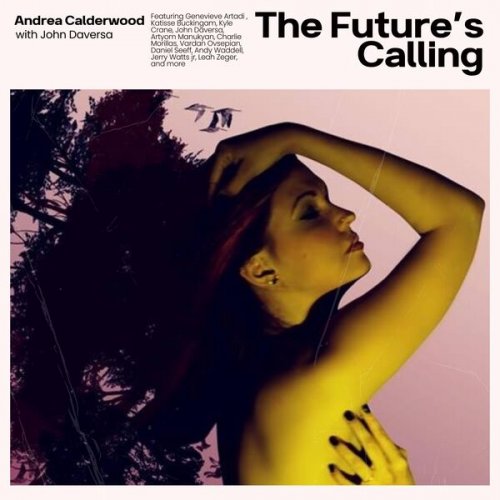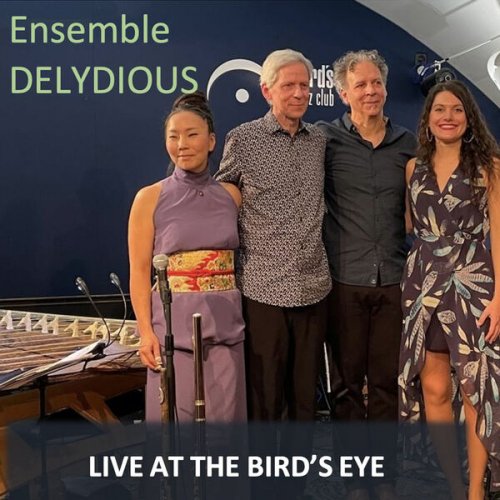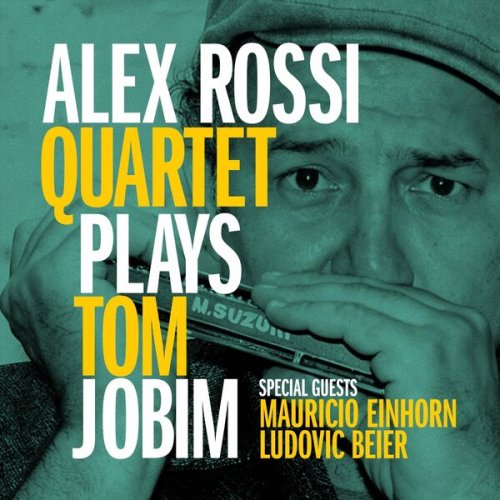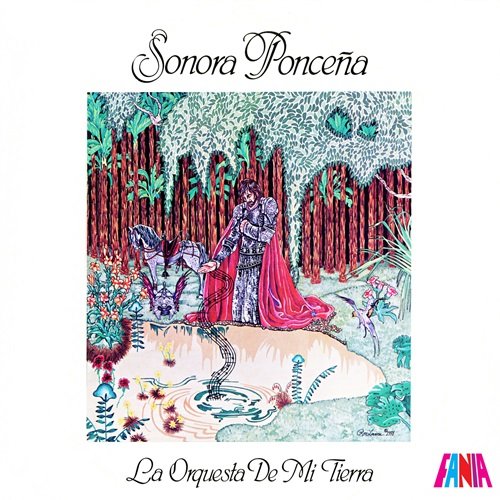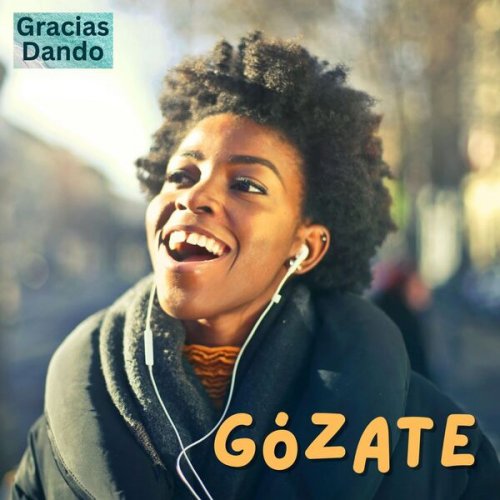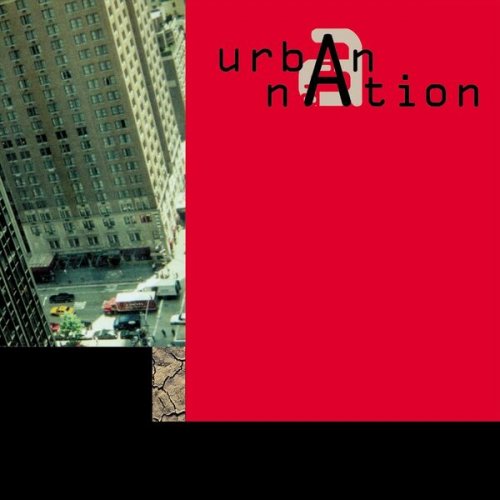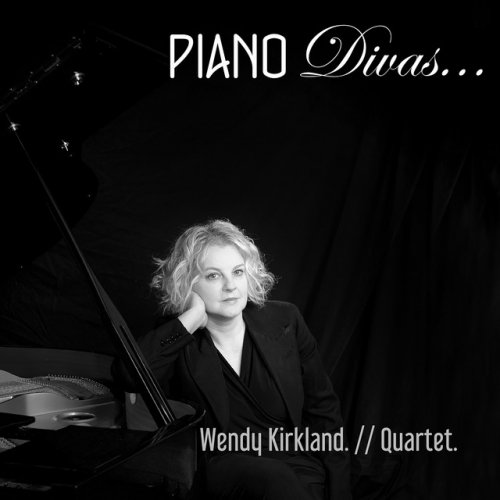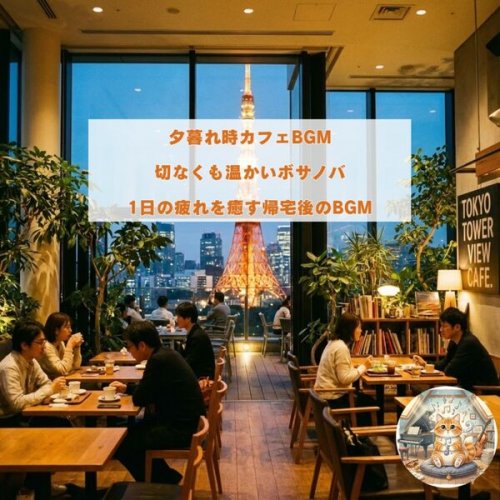Nguyên Lê & Ngo Hong Quang - Hà Noi Duo (2017)
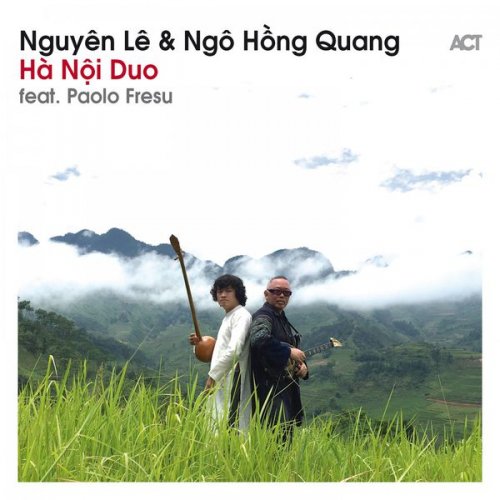
Artist: Nguyên Lê & Ngo Hong Quang
Title: Hà Noi Duo
Year Of Release: 2017
Label: ACT Music
Genre: Jazz
Quality: mp3 320 kbps / flac lossless
Total Time: 00:58:18
Total Size: 137 / 297 mb
WebSite: Album Preview
TracklistTitle: Hà Noi Duo
Year Of Release: 2017
Label: ACT Music
Genre: Jazz
Quality: mp3 320 kbps / flac lossless
Total Time: 00:58:18
Total Size: 137 / 297 mb
WebSite: Album Preview
---------
01. Cloud Chamber (feat. Paolo Fresu)
02. Five Senses (feat. Mieko Miyazaki & Prabhu Edouard)
03. Like Mountain Birds
04. A Night with You, Gone (feat. Paolo Fresu & Mieko Miyazaki)
05. The Graceful Seal (feat. Paolo Fresu)
06. Heaven's Gourd
07. Chiec Khan Pieu (feat. Paolo Fresu & Prabhu Edouard)
08. Monkey Queen (feat. Stephane Edouard)
09. Beggar's Love Song (feat. Alex Tran)
10. Silently Grows the Rice
b. 14 January 1959, Paris, France. Born to Vietnamese parents, Nguyên Lê began playing drums in his early teens before switching to guitar and electric bass, being self-taught on all instruments. He studied for a degree in Visual Arts, majoring in Philosophy. Thereafter, he turned to a full-time career in music. He played rock, funk, jazz and showed a special interest in world music. In 1984, he toured Madagascar with Jim Cuomo, and also worked with Yves Robert, Andre Almuro, and Tona Scherchen. Lê’s growing fascination with ethnic music led him not only to Ultramarine (recording 1989’s Dêê and 1991’s Esimala) but also to projects with Algerian singer Safy Boutella and Vietnamese Truong Tang (his teacher on the dan bau, a traditional one-stringed instrument). In 1987, Lê joined the Orchestre National De Jazz under musical director Antoine Hervé. This engagement led to an opportunity to play with many noted jazz musicians, including Carla Bley, Randy Brecker, Gil Evans, Johnny Griffin, Steve Lacy, Didier Lockwood, Courtney Pine, Louis Sclavis and Steve Swallow. For his debut as leader, 1989’s Miracles, Lê went to the USA where he enlisted front rank support in Art Lande, Marc Johnson and Peter Erskine. From the early 90s, he was a regular guest soloist with the Westdeutscher Rundfunk Big Band, working with composer-conductor Vince Mendoza on a number of projects. In 1994, he was soloist on ‘The New Yorker’, a suite written and directed by Bob Brookmeyer, on which bass player Dieter Ilg and drummer Danny Gottlieb also played. The latter pair joined Lê as members of his trio for that same year’s Million Waves. Lê’s interest in his musical roots deepened from the mid-90s onwards with 1995’s Tales From Viêt-Nam marking a new beginning. Also in 1995 came another WDR appearance, this time on Azure Moon with the Yellowjackets and Mendoza and he appeared at the Stuttgart Festival as one of several guitarists brought together to celebrate the ‘Universe Of Jimi Hendrix’. Late 90s appearances included an US tour that followed the release of Three Trios and he also became a member of trumpeter Paolo Fresu’s quartet, and he was a member of the trio E-L-B with Erskine and bass player Michel Bénita. Throughout the 90s, Lê worked on ethnic and world music concepts, including performing Berber music with drummer Karim Ziad and forming a multicultural band with Serbian Bojan Z. , Austrian Wolfgang Puschnig, Italians Fresu and Stefano Di Battista, and singers of Berber and Vietnamese origin, the latter including the sisters Huong Lan and Huong Thanh. To pursue his musical concepts, Lê has brought into his orbit a wide stylistic range of players, some performing on uncommon instruments, including hao nhien (Vietnamese flute/danh tranh), aly wagué (African flute), djemaï abdenour (Algerian banjo), and an immense battery of percussionists including Joël Allouche, Steve Argüelles, Mino Cinelu, Erskine, Gottlieb, Gurtu, Ziad and Terri Lyne Carrington. In addition to acoustic guitar, Lê also plays guitar synthesizer and danh tranh. Lê’s first few albums offer an intriguing compound of elegant aural images that drift close to being world music but with his later work he was clearly establishing a variation on the form that brought that often formless genre within reach of the jazz audience. While always clearly focused on an ethic ambience, Lê’s concepts have consistently proved to be accessible to all audiences in part through his commitment and mainly through the fine musicianship he brings to everything that he does.
